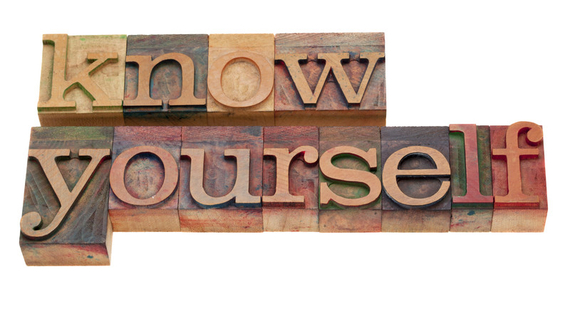Think about that person or project that frustrates you. Do you have something or someone specific in mind? Great. Now what if you didn't have to be frustrated? Not by changing that project or person, but by making a different choice about how to think.
Attitudes and Mindsets are Strong Influencers
The difference between being frustrated, and being calm or even happy about that project or person is how you choose to approach the challenge you see. It's all about your attitude.
In any workplace, engaged and disengaged employees work side by side. What is the biggest difference between them? Their attitude toward the work.
For many of us, our attitude is something we almost never think about. We feel perfectly justified being frustrated, angry, disappointed, and if there's evidence to support how we feel, it can't be attitude, can it? Most of those disengaged employees also feel justified about their approach to work, even though they have colleagues in the exact same position who are fired up to be there.
We know that people select evidence that supports their pre-conceived notions (mindset!). If you change your mindset, you can find evidence that supports a new set of thoughts about something, and generate a new way of feeling about it, too.
One of the most important elements of self-knowledge is understanding your own attitudes and the mindsets that create them, and then discarding the mindsets that hold you back. Each of us is triggered to be frustrated by slightly different things, but common triggers include: tardiness, sloppy work, office politics, injustice, uncontrolled emotions of others, emotional immaturity in others, lack of recognition or reward. When you feel triggered by these things, or others, notice the thoughts that keep cropping up for you. These are clues to your mindset.
Attitudes and mindsets strongly influence the ways in which you show up at work as a leader, and the results you achieve. Unlike your innate strengths, personality, or style, which may shift only slowly over the course of a lifetime, attitude can shift very quickly and is an area in which you can choose to make changes.
Reflection and assessment can help identify the core thoughts you carry with you about yourself, others and the world, and how those thoughts contribute to your current results. Shifting your attitude isn't complicated, but it does take some effort, as many thought patterns have been with us for a long time. This is transformational work that helps you shift from being driven by emotions to making a choice about the most effective mindset and emotion for each situation.
Beyond getting happier and more effective in how you approach your work and life, shifting your attitude is noticed by those around you, who might just start to think about their own attitudes as they see you shift. Few people follow the leader who is frequently frustrated, pessimistic or angry, but many want to work with the one who can find silver linings and way to learn and grow in any circumstance.

